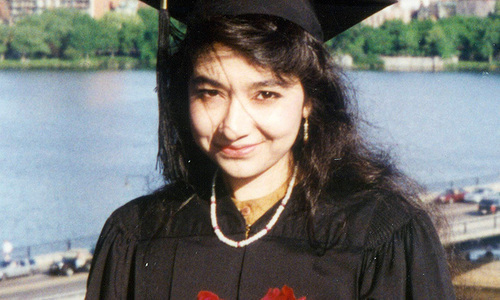WASHINGTON: The legal team of Dr. Aafia Siddiqui, who was sentenced for allegedly attacking US personnel, has been granted access to new, private evidence by a US judge that could help a clemency request.
The order, which was issued by US District Judge Richard M. Berman, allows Ms. Siddiqui’s lawyers to access crucial discovery materials from 2009 under strict conditions because they contain information that, if improperly disclosed, “could… pose a threat to public safety and the national security.”
One of the lawyers working toward Ms. Siddiqui’s release, Clive Stafford Smith, said he had retrieved “compelling new evidence about the ‘Black Site’ where Aafia was held after time in the Bagram isolation cells.” He was optimistic about the new information.
Separately, Mr. Smith submitted a 56,600-word clemency petition to draw attention to the injustices and complexity of Ms. Siddiqui’s situation.
The motion was based by the legal team on a law that states that a person in federal custody can challenge a conviction or sentence on certain grounds, such as: The sentence goes against federal law as well as the US Constitution; The sentence was imposed by a court without jurisdiction; and/or the sentence was more severe than the law allowed.
A motion of this kind is typically made in the court that handed down the person’s sentence. Similar to a federal habeas corpus petition, it is used specifically for federal prisoners as a post-conviction remedy.
A mechanism for reducing a federal prisoner’s sentence is provided by another statute cited in the motion. Common reasons for this include serious health issues or other “extraordinary and compelling reasons.”



